Source:China Daily App 2015-11-29
Chinese President Xi Jinping will attend the opening ceremony of the 2015 United Nations Climate Change Conference from Nov. 29 to 30 in Paris le Bourget, France. It will be the 21st yearly session of the Conference of the Parties (COP) to the 1992 United Nations Framework Convention on Climate Change (UNFCCC).
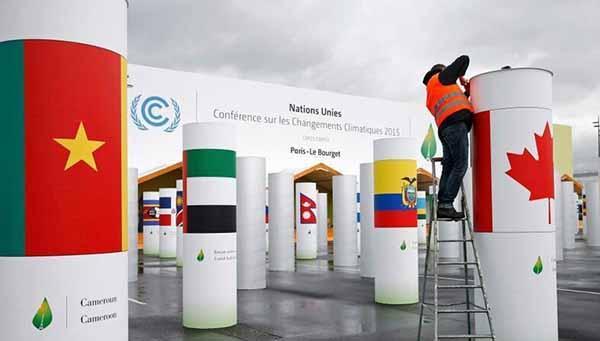
What are COP and UNFCCC all about?
Climate change first received international attention at the Rio Earth Summit held in Rio de Janeiro in 1992. As one of the Summit results, the ‘UN Framework Convention on Climate Change (UNFCCC)’ was adopted for action to “stabilize greenhouse gas concentrations in the atmosphere at a level that would prevent dangerous anthropogenic interference with the climate system".
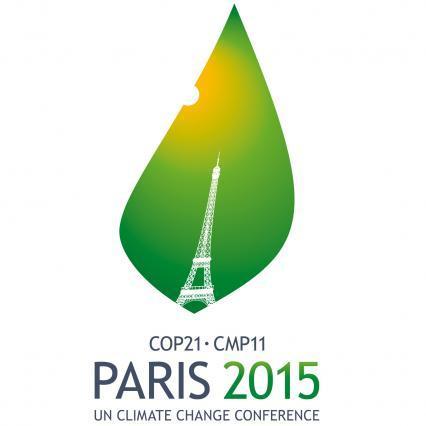
The UNFCCC which entered into force on 21 March 1994, now has a near-universal membership of 195 parties. The Conference of Parties (COP) held an annual meeting to review the Convention’s implementation. The first COP took place in Berlin in 1995. And the upcoming 2015 Paris Climate Conference is the 21st session of the Conference of the Parties (COP 21).
Climate change is changing our world silently.
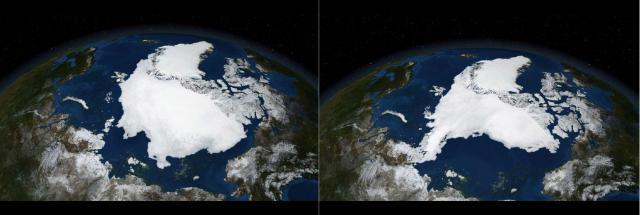
Satellite images from the Arctic ice pack in September 2005 and again in September 2007. (Credits: Nasa)
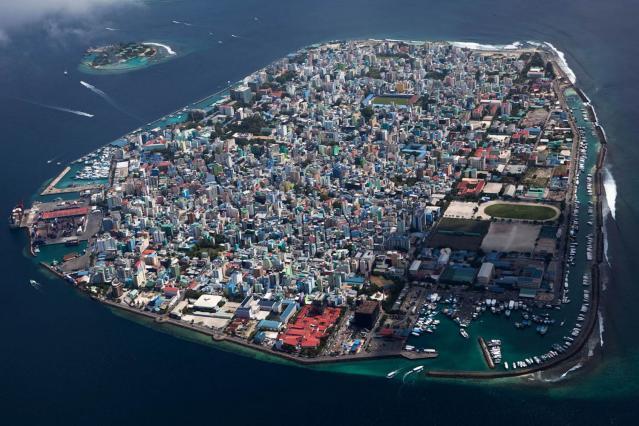
The Maldives under threat from rising water levels (Credits: Géo)
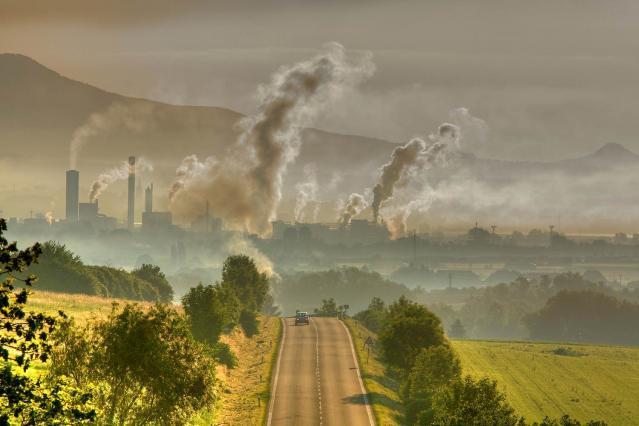
Pollution from factories contributes to global warming (Credits: ThinkStock)
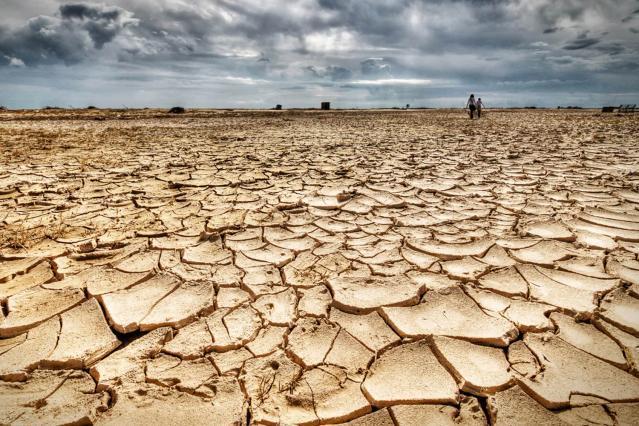
Drought, one of the consequences of climate change (Credits: Getty Image)
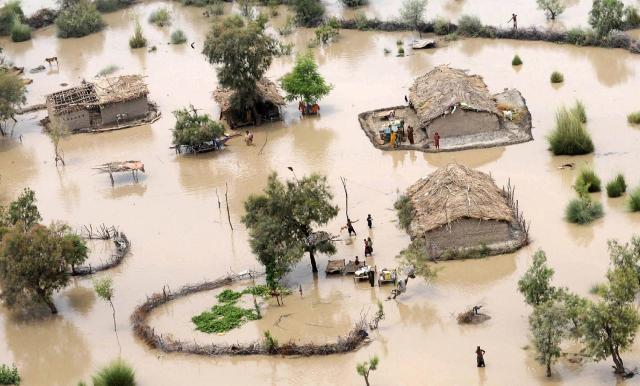
Flooding in Pakistan (Credits: Getty Image)
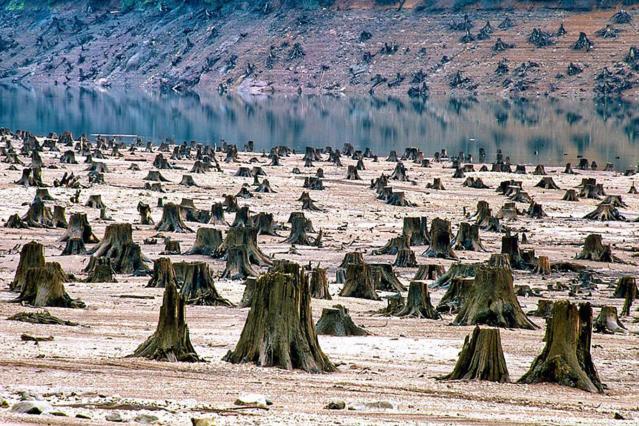
Large-scale deforestation (Credits: Global Population Speak out)
Climate change impacts the poor
According to the UN report, climate change is happening faster and getting worse than ever. Warming temperatures, sea-level rises and unpredictable shifts in weather will have long-term impact on human survival and will have direct and immediate impact on the poor, making poverty reduction more difficult.
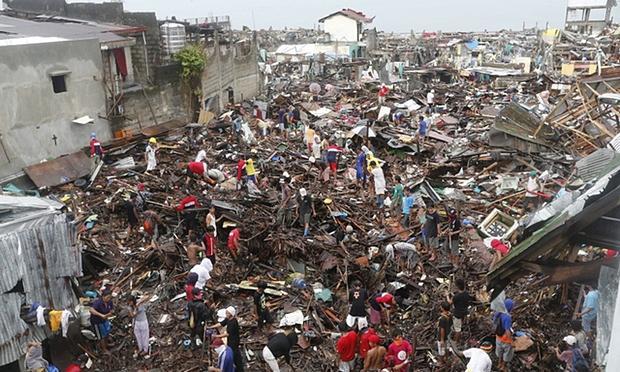
In February 2015, academics and experts held a meeting in Washington, D.C., to explore the relationships between climate change and poverty by examining three areas: the impact on poor people’s livelihood and well-being; the impact on the risk for non-poor individuals to fall into poverty; and the impact on the ability of poor people to escape poverty.
Climate poverty
Climate Poverty refers to the poverty caused by global climate change effects and disasters. This concept was raised for the first time by the international anti-poverty organization Oxfam in 2007. According to the World Health Organization, 300,000 people die of climate change each year. By 2050, an estimated 200 million people will become "climate refugees" according to a report titled “the right to live” released by Oxfam in May 2009.
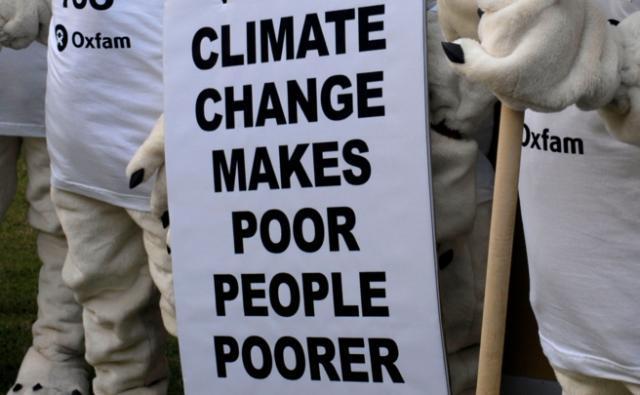
Climate refugees
Climate refugees are people who must leave their homes and communities because of the effects of climate change and global warming. Climate refugees belong to a larger group of immigrants known as environmental refugees. Environmental refugees include immigrants forced to flee because of natural disasters, such as volcanoes and tsunamis. (source : nationalgeographic.org)
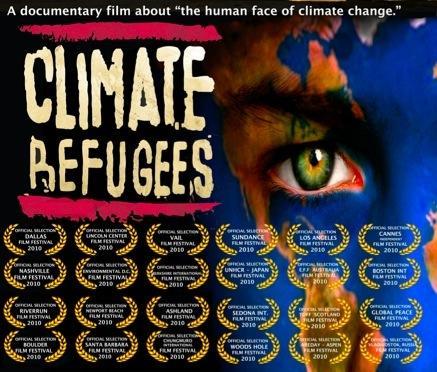
International commitments to halt climate change
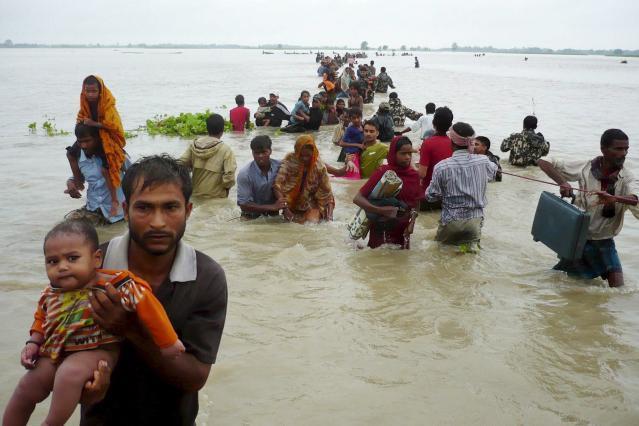
Significant global agreements
1979
First World Climate Conference in Geneva (Switzerland), with the launch of a World Climate Research Programme entrusted to the World Meteorological Organization (WMO), the United Nations Environment Programme (UNEP), and the International Council of Scientific Unions (ICSU). (Source: COP 21 / CMP 11 Host country website )
1988
Creation of the Intergovernmental Panel on Climate Change (IPCC), responsible for assessing knowledge of climate change and its impacts. (Source: COP 21 / CMP 11 Host country website )
1990
First IPCC report confirming the existence of global warming and human responsibility for the phenomenon. (Source: COP 21 / CMP 11 Host country website )
1992
Governments met in Rio de Janeiro and forged the United Nations Framework Convention on Climate Change.
1997
The Kyoto protocol required worldwide cuts in emissions of about 5%, compared with 1990 levels, by 2012, and each developed country was allotted a target on emissions reductions.
2009
At the Copenhagen Climate Conference, leaders from the developed countries agreed to provide up to USD $30 billion over the next three years for adaptation and emission reductions in poorer countries.
2011
The Durban Climate Change Conference agreed to a legally binding deal comprising all countries, which will be prepared by 2015, and to take effect in 2020.
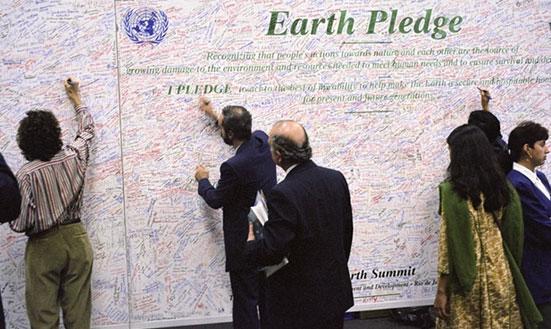
China’s efforts
China will make new contributions to global ecological security by sticking to green development. In the proposals of the country's 13th Five-Year Plan, China cites the construction of a highly efficient modern energy system and the promotion of zero emission projects. China pledges to cut carbon dioxide emissions per unit of gross domestic product by 60 to 65 percent from the 2005 level by 2030, and cap its emissions by around 2030.
The Chinese government has two types of responsibilities at present. Internationally, China has the responsibility to promote agreement during the Paris climate conference and strengthen international cooperation. Domestically, the Chinese government is capable of boosting economic transition and sustainable development.
Copyright © Xizang Daily & China Xizang News All rights reserved
Reproduction in whole or in part without permissions prohibited
Index Code: 藏 ICP 备 05000021 号
Producer: Xizang Daily International Communication Center